Pride and Prejudice
Pride and Prejudice
Austen's finest comedy of manners portrays life in the genteel rural society of the early 1800s, and tells of the initial misunderstandings (and mutual enlightenment) between lively and quick witted Elizabeth Bennet and the haughty Mr. Darcy.
Book Excerpt
Bennet," as she entered the room, "we have had a most delightful evening, a most excellent ball. I wish you had been there. Jane was so admired, nothing could be like it. Everybody said how well she looked; and Mr. Bingley thought her quite beautiful, and danced with her twice! Only think of that, my dear; he actually danced with her twice! and she was the only creature in the room that he asked a second time. First of all, he asked Miss Lucas. I was so vexed to see him stand up with her! But, however, he did not admire her at all; indeed, nobody can, you know; and he seemed quite struck with Jane as she was going down the dance. So he inquired who she was, and got introduced, and asked her for the two next. Then the two third he danced with Miss King, and the two fourth with Maria Lucas, and the two fifth with Jane again, and the two sixth with Lizzy, and the Boulanger--"
"If he had had any compassion for me," cried her husband impatiently, "he would not have danced half so
Editor's choice
(view all)Popular books in Fiction and Literature, Harvard Classics, Romance
Readers reviews
4.6
LoginSign up
Pride and Prejudice is a little bit longer book but it wont let you get bored. I love this book.
- Upvote (0)
- Downvote (0)
Wonderful book!
09/14/2020
Love this book
07/02/2020
Loved the read, a true classic!
06/16/2020
Great classic book of Austen.
04/27/2020
It is the first time I read in English ,which is wonderful experience.enjoyed a lot
11/05/2018
Great Read! A true classic.
10/17/2018
Reading "Pride and Prejudice" a short while after "Cecilia," the Fanny Burney novel that inspired the title, I'm struck by how much funnier Burney's novel is. Austen's subtle irony at the expense of her society and its views of gender roles provides humor, but Burney's pungent satire is hilarious. Austen's characters are annoying; it's easy to become frustrated with them. Elizabeth, for all her supposed intelligence, appears to think about little except men and her family, and her main superiority over the similar sensibilities of her mother and youngest sisters is that she does so less publicly. It cannot be said her taste or discernment are notably greater than theirs, given her partiality, at first, for the undeserving Wickham. She doesn't see through him; she has to be shown. She comes to appreciate Darcy, true, but so does her mother. I don't know — maybe it's just that I've read this novel so many times and it's lost its freshness for me.
05/02/2016
One of the best books ever.
08/19/2015
Pride and Prejudice is a genius commentary on societal expectations of both women and men in early 19th century England. At first the novel drags on a bit while Austen “sets the stage” of the novel. While Mr. Darcy is immediately assumed to be Elizabeth’s love interest, his absence from a lot of the novel and the introduction of Mr. Collins as a suitor bewildered me and forced me to rethink my assumptions. I enjoyed the many hurdles that Darcy and Elizabeth had to jump over to fall in love with each other. The most hindering hurdle is Elizabeth’s younger sister Lydia. Lydia is immediately introduced as the annoying stereotypical naïve sister. I enjoyed how her character grew more formidable throughout the novel. While she did become more of a woman, she still retained her childlike stupidity in making adult decisions such as her resolution to run away with Mr. Wickman. This decision affected every character negatively in the novel including Elizabeth and Mr. Darcy. I quite enjoyed the novel and subtle humor that Jane Austen portrayed. It was brilliantly integrated into her character’s mannerisms and polite manners. Characters such as Elizabeth and Catherine are able to act snarky without being rude and losing the illusion of social mannerisms. Due to these social expectations of the time period, everything in the novel must be simply assumed. Jane Austen does not come out and directly state what is happening, what characters are truly thinking, or what the characters’ dialogues mean. I found this method very obscure and annoying at first, but towards the end of the novel I realized the brilliance of this method of writing. It allows the reader to feel the stifling obscurity of the time. However due to the Victorian diction and the lack of outright plot layout of the novel, some people may find it difficult to read. I personally enjoyed the novel immensely and would recommend it to anyone who is looking for a different style of literature or even just a good romance book to read.
01/05/2015

 Free Download
Free Download





















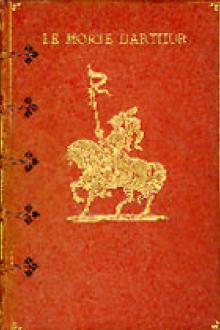
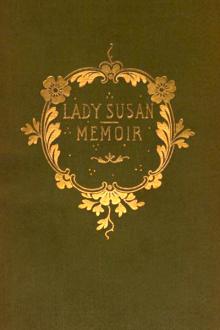
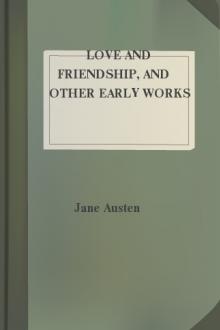
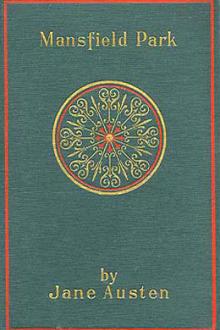
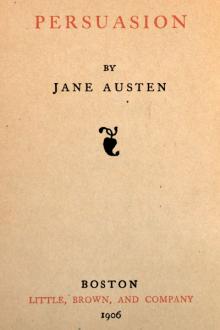
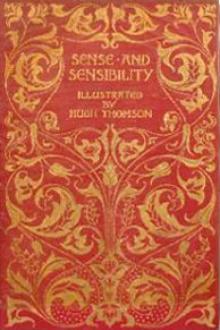
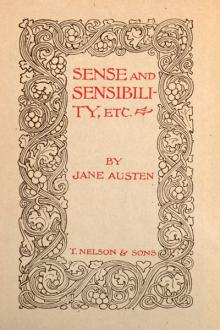
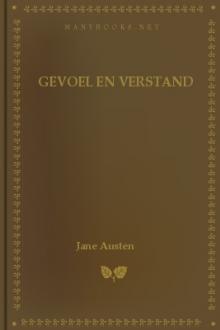
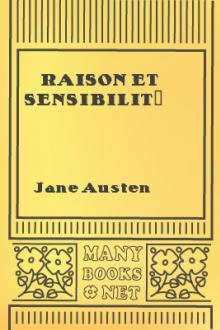
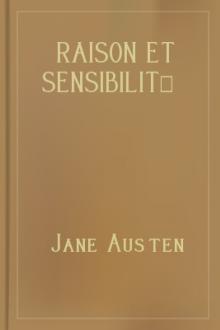
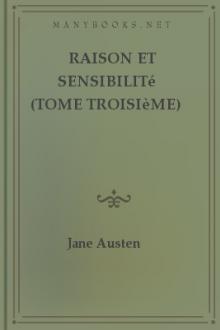


-itok=vcKIB5v1.jpg)